We’re seeing big changes in the real estate world. Smart home tech is changing how we see and value homes. The smart home market was worth $81 billion in 2022. It’s expected to grow to $338.28 billion by 2030.
Smart homes are becoming more popular. They can increase a home’s value by up to 5%. Sellers also get a 50% return on their tech investments. Smart home tech is changing the game in real estate.
Home automation systems are attracting buyers of all ages. About 77% of people looking for homes want smart homes. Millennials are leading, with 50% already using smart tech and 90% willing to pay more for it.
Even 65% of baby boomers are willing to spend more on homes with IoT features. The impact of smart home tech on real estate is clear. It’s not just about cool gadgets. It’s about making homes more efficient, secure, and valuable.
As we look to the future, smart homes will play a bigger role in real estate. They’re not just a trend. They’re here to stay and will shape the future of homes.
Key Takeaways
- The smart home market projected to reach $338.28 billion by 2030
- Smart features can increase property resale value by up to 5%
- 77% of home buyers are interested in smart homes
- Sellers see a 50% return on smart home tech investments
- 90% of millennials willing to pay more for smart home benefits
- 65% of baby boomers are open to spending extra on IoT-enabled properties
- Smart homes tend to sell faster and at higher prices
Understanding Smart Home Technology
Smart home tech is changing how we live. Homes are getting smarter, thanks to IoT devices. These devices turn our homes into smart spaces.
Definition of Smart Homes
A smart home has smart features you can control from anywhere. It has at least three IoT devices. These can be for lights, security, or controlling the temperature.
Common Smart Home Devices
Smart homes have cool devices like smart thermostats and security cameras. They also have voice assistants. For example, smart vacuums can learn your home’s layout. Google’s Nest can even adjust the heat based on who’s home.
Integration of IoT in Residential Spaces
The Internet of Things (IoT) makes homes smart. It lets devices talk to each other and to us. This makes our homes respond to our needs without us asking.
| Smart Home Feature | Benefit |
|---|---|
| Smart Thermostats | Energy efficiency and cost savings |
| Security Cameras | Enhanced home safety |
| Voice Assistants | Convenient control of other smart devices |
| Smart Lighting | Customizable ambiance and energy savings |
By 2025, we’ll have over 80 billion connected devices. The smart home market is growing fast. This tech makes our lives better and can even increase our home’s value.
The Growing Smart Home Market
The smart home market is growing fast. In 2023, it hit $101.07 billion. It’s expected to jump to $633.20 billion by 2032, growing 22.9% each year.
More homes in the U.S. are getting smart. In 2020, 36% of U.S. homes had smart tech. This number went up from 31% in 2019. Young people, or millennials, are leading this trend, with 28% of homes having smart devices.
The U.S. smart home market is set to explode. It was worth $21.28 billion in 2022. By 2030, it’s expected to hit $78.92 billion. This growth is because of better security, saving energy, and the ease of smart devices.
“81% of buyers prefer purchasing homes with built-in smart home solutions.”
Consumer tastes are changing. Video entertainment is the biggest part of the market, with a 32.5% share. Smart speakers have 12.5%. Security solutions are also popular, with shipments going up from 140.3 million in 2019 to 351.7 million in 2023.
Even with security worries, the smart home trend keeps growing. As tech gets better and prices drop, smart homes will soon be the norm.
Smart Home Real-Estate Value: A Game Changer
Smart home tech is changing the real estate world. It’s making homes more valuable and attracting buyers. Now, smart homes are seen as a must-have, not just a luxury.
Increased Property Resale Value
Adding smart tech to homes is a smart move. Homes with smart features sell for up to 5% more. Some even sell for up to 15% more than non-smart homes.
Faster Selling Times for Smart Homes
Smart homes sell fast in today’s market. 81% of buyers want homes with smart tech. They like the convenience, security, and energy savings.
Smart security systems make homes more appealing. This helps close deals quickly.
Higher Rental Income
Smart homes also mean higher rental income. Tenants pay more for homes with smart tech. The energy savings, like up to 12% on heating, are a big draw.
Smart home tech is changing real estate. It’s making homes more valuable and attracting buyers. As we go forward, smart features will be key in home values and buyer appeal.
Energy Efficiency and Cost Savings
Energy-efficient smart homes are changing the real estate world. They save a lot of money with smart tech. This makes them very appealing to buyers and renters.
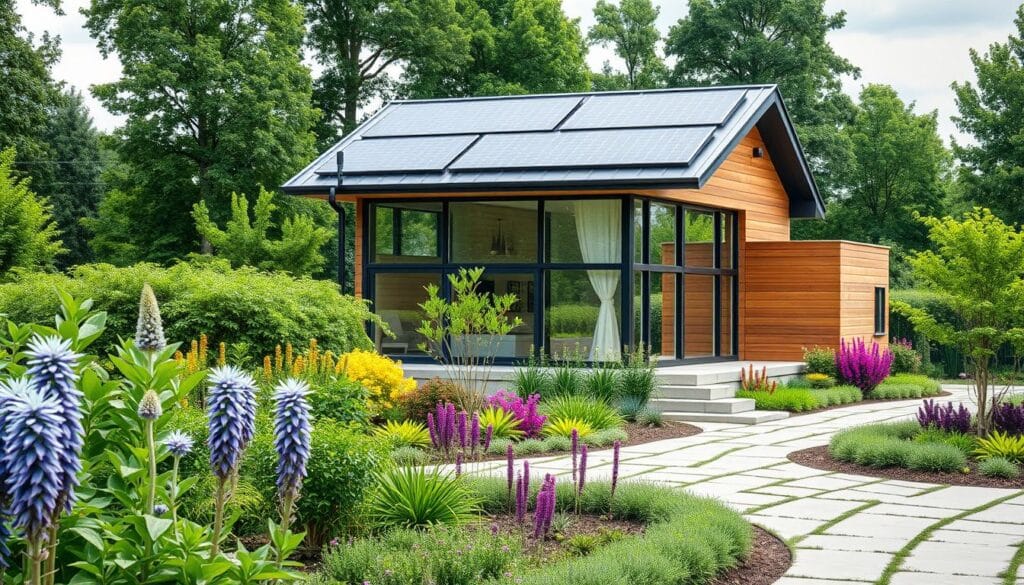
Smart buildings use less energy. They save 8-15% on energy costs each year. This means big savings for homeowners and higher property values.
Smart sensors and controls cut energy use by 20-30%. Smart thermostats adjust the temperature based on schedules. This saves a lot on energy bills over time.
Smart lighting turns off when no one is around. This cuts down on electricity use.
| Feature | Benefit | Impact |
|---|---|---|
| Smart Thermostats | Automated temperature control | Significant energy bill savings |
| Smart Lighting | Occupancy-based lighting control | Reduced electricity consumption |
| Energy-Efficient Appliances | Lower energy usage | Decreased utility costs |
Smart home devices boost property value by 5-15%. Homes with smart tech sell faster and for more money. This makes smart homes a big draw in real estate.
As we aim for a greener future, smart homes are getting more popular. They save money and are good for the planet. This attracts buyers who care about the environment.
Enhanced Home Security Features
Smart home security systems have changed how we keep our homes safe. They give us peace of mind and can make our homes more valuable. Let’s look at what makes smart home security so important.
Smart Locks and Surveillance Systems
Modern homes with smart locks and cameras are leading in security. These tools let homeowners control and watch their homes easily. Smart locks work from afar, and cameras show live video from anywhere.
Remote Monitoring Capabilities
Remote monitoring is a key part of smart home security. Homeowners can watch their homes anytime with phones or tablets. This keeps them calm, even when they’re away.
Potential Insurance Discounts
Getting a smart home security system can save you money on insurance. Insurers give discounts of 5% to 20% because these systems lower risk. This makes smart home security even more appealing.
| Security Feature | Benefit | Impact on Home Value |
|---|---|---|
| Smart Locks | Keyless entry, remote access control | Moderate increase |
| Surveillance Cameras | 24/7 monitoring, deterrent to intruders | Significant increase |
| Remote Monitoring | Real-time alerts, peace of mind | High appeal to buyers |
| Insurance Discounts | Lower premiums, cost savings | Added financial benefit |
Homes with smart security systems are much safer. They are up to three times less likely to be broken into. This makes these homes very appealing in the market. They offer better protection and long-term savings through insurance discounts and higher value.
Appealing to Tech-Savvy Buyers
The tech world is changing fast, with young people leading the way. Smart homes are now key in selling properties. A study found that 77% of buyers want smart homes.
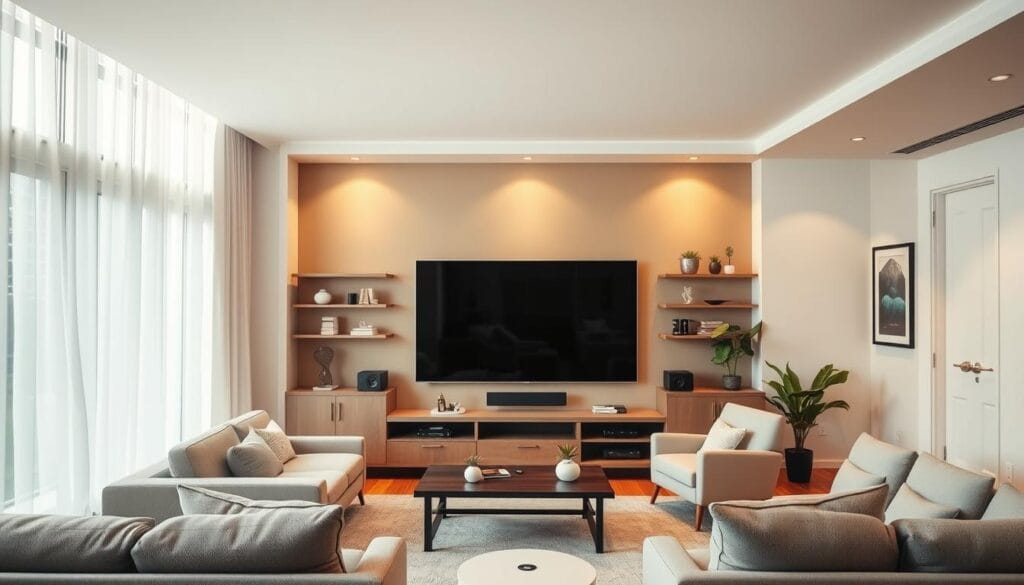
Young buyers love homes with smart features. They want easy and efficient living. Smart locks, thermostats, and energy-saving appliances are what they look for.
Smart homes are more than just convenient. They sell for 5% more than regular homes. This makes developers and sellers add smart features to attract buyers.
“Smart homes are the future of real estate. They offer convenience, security, and energy efficiency – all key factors for today’s homebuyers,” says a leading real estate expert.
Here are some smart home features to attract tech-savvy buyers:
- Smart security systems
- Energy-efficient appliances
- Automated lighting and climate control
- Voice-activated home assistants
By adding smart home tech, sellers can attract young buyers. This can also make their homes more valuable.
The Role of Smart Homes in Real Estate Marketing
Smart home marketing is changing the real estate world. Spending on smart home devices is set to hit $123 billion in 2021. This shows how tech is changing how we buy and sell homes.
Showcasing Smart Features in Listings
Real estate agents are using smart home tech to make homes more appealing. A big 91% of agents think smart homes sell faster. By showing off these features, agents can draw in more buyers and boost home prices.
Virtual Tours and Remote Property Management
Virtual tours are changing how we look at homes. They let buyers see homes from anywhere, saving time. Smart homes also make managing properties easier, which attracts both homeowners and investors.
Differentiating Properties in Competitive Markets
In today’s real estate world, smart homes stand out. About 81% of buyers want homes with smart tech. This makes smart homes sell quicker than regular homes.
| Smart Home Feature | Impact on Buyers | Marketing Advantage |
|---|---|---|
| Smart Thermostats | Energy Efficiency | Lower Utility Costs |
| Security Cameras | Enhanced Safety | Peace of Mind |
| Smart Lighting | Convenience | Modern Living |
By using smart home marketing, real estate agents can get ahead. The future of real estate is all about being smart. Those who adapt will do well in this new world.
Challenges and Considerations
Smart home tech is exciting, but it comes with challenges. The cost to set it up can be high. This might make the benefits seem less valuable at first.
Many people struggle with setting up smart homes. About 36% of DIY installers face big problems. This shows how complex these systems can be.
Another big issue is making sure all devices work together. The smart home market changes fast. This means devices might not always be compatible.
There’s also a big worry about keeping data safe. With more devices connected at home, keeping information secure is harder.
Even with these problems, the smart home market is growing. Parks Associates has been studying this for years. They say many people are unsure about the cost, who to buy from, and what smart homes offer.
This uncertainty is a chance for real estate experts to help. They can teach buyers about the long-term benefits of smart homes.
Looking at the good and bad, smart homes can make a house more appealing. They can also save energy. Big tech companies like Amazon and Google are working hard to make smart homes better. They aim to solve current problems and increase home values.
FAQ
What is a smart home?
A smart home has tech that lets you control things from afar. You can turn on lights, adjust the temperature, and more. It makes life easier, saves energy, and keeps you safe.
What are some common smart home devices?
Smart homes have many devices. You’ll find smart thermostats and lights. There are also security systems, like cameras and locks. Plus, you can use voice assistants like Alexa or Google Home.
How does the Internet of Things (IoT) relate to smart homes?
The Internet of Things (IoT) connects devices in your home. It lets them talk to each other over the internet. This makes your home smarter and more convenient.
How can smart home technology increase a property’s resale value?
Smart homes can sell for up to 5% more. Buyers love the ease, energy savings, and security. These features make homes more appealing and valuable.
How can smart home technology contribute to energy efficiency and cost savings?
Smart thermostats and appliances save energy. They adjust based on when you’re home. This cuts down on bills and saves money.
What security benefits do smart home systems offer?
Smart home security systems are top-notch. They include locks, cameras, and sensors. You can watch your home from anywhere, which can even get you discounts on insurance.
Why are smart home features appealing to millennial homebuyers?
Millennials love tech. They want smart homes to make their lives better. As big buyers, they push for homes with the latest tech.
How can smart home technology be leveraged in real estate marketing?
Real estate agents can highlight smart home features. They can show homes online and manage them remotely. This makes homes more attractive in a competitive market.
What are some challenges associated with smart home technology?
Smart homes can be pricey to start. They might not work if the internet is down. There are also worries about privacy and keeping up with new tech.
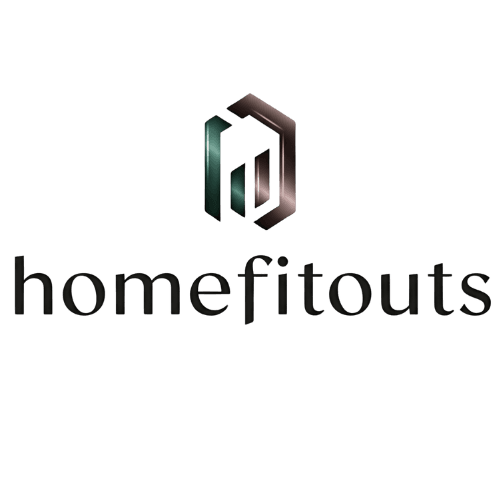
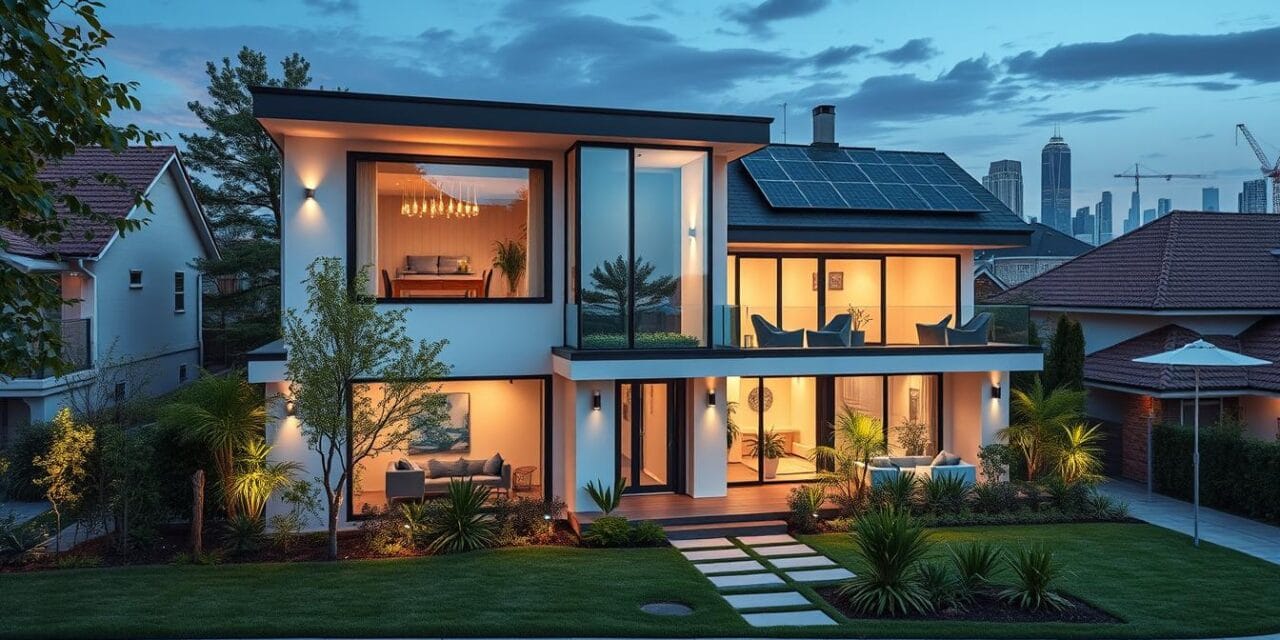

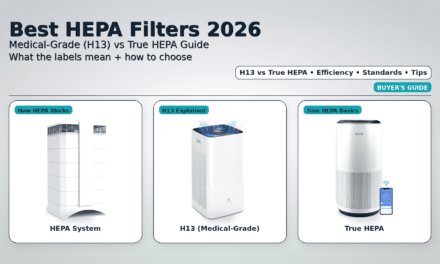



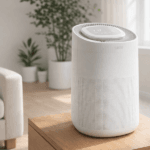
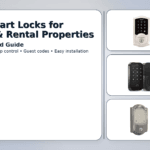

Recent Comments